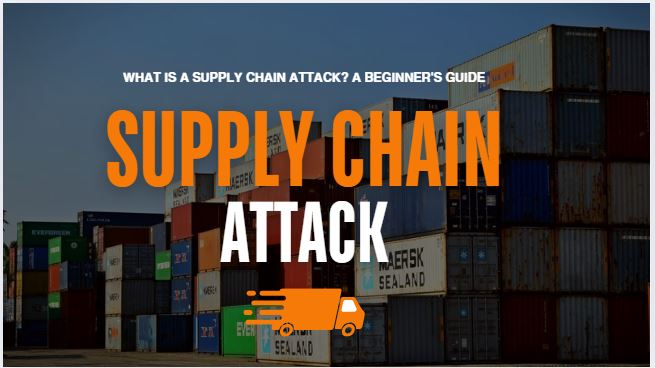 Supply chain management includes a wide sphere of activities. From maintaining stock and inventory, ensuring proper flow of supplies to looking after logistics; there are different types and nature of jobs available for a supply chain manager. However, before undertaking responsibilities in any of these domains, one has to be well qualified and skilled to perform all duties in a consistent and flawless manner. This qualification can only come after enrolling into a professional course.
Supply chain management includes a wide sphere of activities. From maintaining stock and inventory, ensuring proper flow of supplies to looking after logistics; there are different types and nature of jobs available for a supply chain manager. However, before undertaking responsibilities in any of these domains, one has to be well qualified and skilled to perform all duties in a consistent and flawless manner. This qualification can only come after enrolling into a professional course.
Of late, supply chain management has opened many career options for the aspirants. Soon after completing post graduate diploma in supply chain management, candidates can look forward to various lucrative job opportunities and land up into a brighter future. The best paying jobs in this sector are:
Supply Chain Manager
The best of the best candidates get this position. Post graduate diploma in supply chain management is all about managing supply channels, keeping a record of stock and inventory, looking after production and ensuring delivery deadlines. In a nutshell, the position demands a comprehensive knowledge of the entire supply chain sector and how things work in companies. As a supply chain manager, you will also have to lead a team of employees and make sure that they do their part well in completing your job.
Logistics Manager
Multi-national companies employ logistics manager to take care of the firm’s logistic services on a regular basis. Here, you need to keep records of stock and inventory and place orders as and when required. The entire logistics department shall be within your grip and you shall be the sole ruler of this department.
Logistics Engineer
This is a more technical profile. If you are interested in logistics and possess a technical mind, well there’s no looking back. After finishing post graduate diploma in supply chain management, you can expect to become a high salaried employee as a logistics engineer. This is also a post that’s high in demand as not many are keen on technicalities. Further, there’s lesser competition, steady growth and faster promotions within the logistics department.
Systems Support Manager
This is another technical opportunity where you shall be expected to provide regular maintenance and support to the logistics and supply chain systems. A small technical glitch can cost high for supply chain companies. Therefore, as a systems support professional, you must ensure that all the systems within the organisation are running efficiently and have updated software version. Post graduate diploma in supply chain management also deals with such technical topics, thus you need not worry.
Production Manager
In supply chain sector, it all starts with production. Production managers have a significant contribution in the making of final product. Their primary work is to advise the production staff about the quality, look n feel and design of the product. They aim at making the product more fascinating and attractive in front of the audience. They mainly ensure that the inputs are finely processed into the best possible results, i.e. output. Overall, they look forward to deliver the final commodity to the end-user at the earliest while keeping up the standards of production.
Transportation Manager
Supply cannot happen without transportation. The transport managers in the supply chain sector undertake quite a number of responsibilities like recording entry and exit time of stock and inventory, ensuring on-time delivery of client’s products and finishing paper work formalities. The entire realm of transportation is on their shoulders. With proper tactics, strategic plans and well knit execution, professionals can create history as transport managers. To make it happen, post graduate diploma in supply chain management by MIT School of Distance Education, Pune provides all the requisite knowledge and education that are required to reach the higher levels of an organisation.



